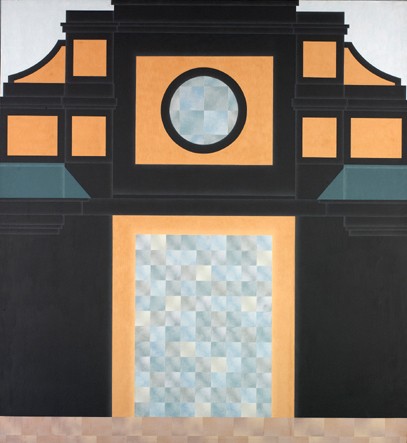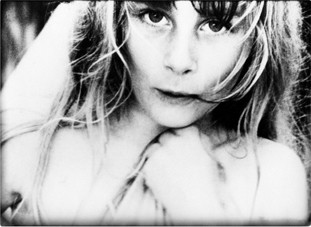
Barbro Östlihn, Maria Magdalena, 1968 © Barbro Östlihn
Text by curator
Barbro Bäckström uses hard, modern materials – aluminium, wire mesh and asphalt – to portray sensual experiences. Gunvor Grundel Nelson’s film My Name is Oona (1969) is a cinematic voyage between the inner and outer worlds of childhood, between the safe and familiar, and the frighteningly unknown.
A vital dimension was the new approach to the spectator’s role in the encounter with art, challenging the idea of the art object as self-sufficient and tangibly material. Elli Hemberg, Einar Höste and Lars Englund tackled the new urban environments. Looking back on “the other” 1970s, it appears that the political dimension lay in the address, in these artists’ claims on defining the space where art takes place.
The younger generation of artists reveal a clear kinship with the 1960s and 1970s interest in the spectator’s relationship to the physical setting. To exemplify this, we will be showing Olafur Eliasson’s light installation Blue versus Yellow from 2004, which was recently acquired by the Friends of Moderna Museet for the collection.
Cecilia Widenheim, curator

